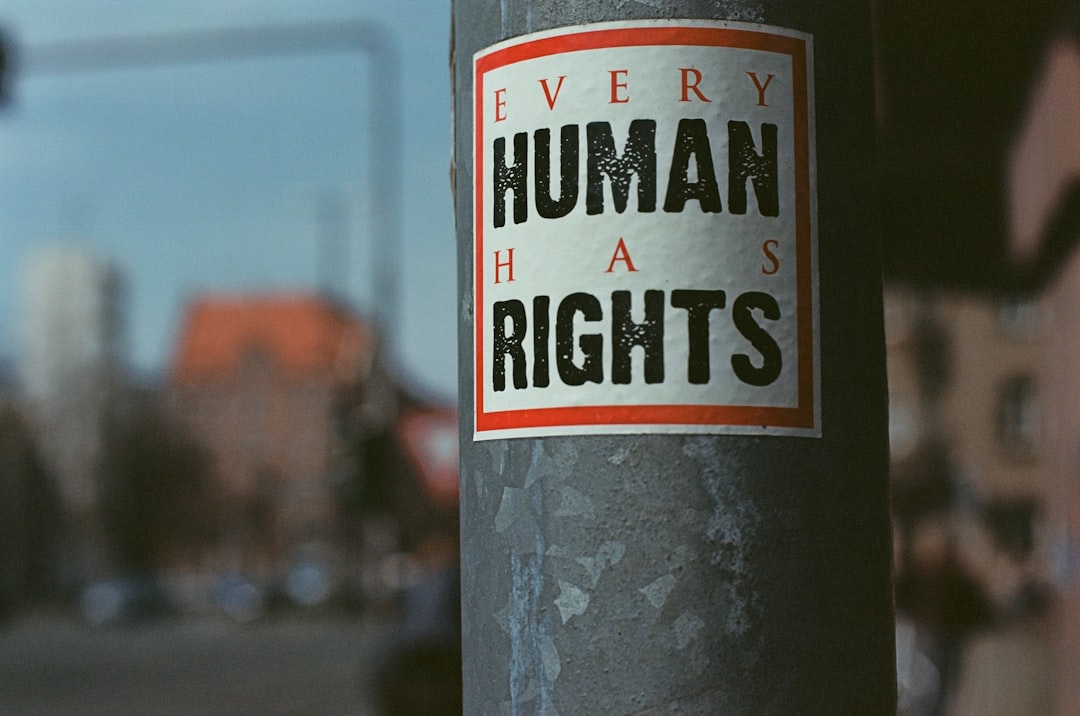Responsibilities vs. Rights
What's the Difference?
Responsibilities and rights are two fundamental aspects of human existence. Responsibilities refer to the duties and obligations that individuals have towards themselves, others, and society as a whole. They involve fulfilling one's obligations, being accountable for one's actions, and contributing to the well-being of others. On the other hand, rights are the entitlements and freedoms that individuals possess by virtue of being human. They include the right to life, liberty, and the pursuit of happiness, as well as the right to express oneself, practice religion, and participate in the decision-making process. While responsibilities emphasize the duties individuals have towards others, rights emphasize the entitlements individuals have to be treated with dignity and respect. Both responsibilities and rights are interconnected and play a crucial role in maintaining a harmonious and just society.
Comparison

| Attribute | Responsibilities | Rights |
|---|---|---|
| Definition | The duties or obligations that one has towards others or society. | The entitlements or freedoms that one has to act or be treated in a certain way. |
| Origin | Derived from societal norms, laws, and ethical principles. | Granted by legal systems, constitutions, or international agreements. |
| Reciprocity | Implies that individuals must fulfill their responsibilities towards others. | Implies that individuals have the right to expect others to respect their rights. |
| Scope | Can be specific to certain roles, relationships, or contexts. | Generally applicable to all individuals within a society or legal framework. |
| Examples | Respecting others' property, following laws, paying taxes. | Freedom of speech, right to a fair trial, right to privacy. |
| Enforcement | Typically enforced through social norms, legal systems, or consequences. | Enforced through legal systems, courts, and mechanisms of justice. |

Further Detail
Introduction
Responsibilities and rights are two fundamental concepts that shape our societies and govern our interactions with others. While responsibilities refer to the duties and obligations we have towards others and society as a whole, rights are the entitlements and freedoms we possess as individuals. Both responsibilities and rights play a crucial role in maintaining a balanced and harmonious society. In this article, we will explore the attributes of responsibilities and rights, highlighting their significance and how they complement each other.
Responsibilities
Responsibilities are the moral, legal, or social obligations that individuals or groups have towards others or society. They are the duties we must fulfill to ensure the well-being and progress of our communities. Responsibilities can be categorized into various types, including personal responsibilities, professional responsibilities, and civic responsibilities.
Personal responsibilities encompass the obligations we have towards ourselves, our families, and our immediate surroundings. These may include taking care of our physical and mental health, nurturing relationships, and contributing to the well-being of our loved ones.
Professional responsibilities refer to the duties we have in our workplaces or chosen professions. These may include being punctual, performing our tasks diligently, respecting colleagues, and upholding ethical standards.
Civic responsibilities are the obligations we have as citizens of a particular country or community. These may include voting in elections, obeying laws, paying taxes, serving on juries, and actively participating in community initiatives.
Responsibilities are essential for maintaining order, promoting social cohesion, and ensuring the welfare of individuals and society as a whole. They require individuals to act ethically, consider the consequences of their actions, and prioritize the common good over personal interests.
Rights
Rights, on the other hand, are the entitlements and freedoms that individuals possess by virtue of being human. They are inherent and cannot be taken away arbitrarily. Rights are often enshrined in legal frameworks, such as constitutions or international declarations, to protect individuals from discrimination, oppression, and abuse.
There are various types of rights, including civil rights, political rights, economic rights, and social rights. Civil rights encompass the freedoms of speech, religion, and assembly, as well as the right to privacy and a fair trial. Political rights include the right to vote, run for office, and participate in political processes. Economic rights involve the right to work, fair wages, and access to basic necessities. Social rights encompass the right to education, healthcare, and social security.
Rights empower individuals, allowing them to live with dignity, express themselves freely, and pursue their goals and aspirations. They provide a framework for equality, justice, and the protection of vulnerable groups. However, it is important to note that rights come with certain limitations to prevent their abuse or infringement upon the rights of others.
Interplay between Responsibilities and Rights
Responsibilities and rights are interconnected and mutually dependent. They form the foundation of a well-functioning society, ensuring a balance between individual freedoms and collective well-being. While responsibilities guide our actions towards others, rights safeguard our autonomy and protect us from undue interference.
Responsibilities often arise from the recognition and respect of the rights of others. For example, the responsibility to treat others with kindness and respect stems from the recognition of their right to dignity and equality. Similarly, the responsibility to follow laws and regulations arises from the understanding that these laws protect the rights and safety of individuals within society.
On the other hand, rights also come with responsibilities. The exercise of our rights should not infringe upon the rights of others or jeopardize the well-being of society. For instance, the right to freedom of speech should be exercised responsibly, without inciting hatred or spreading false information that may harm others. The right to own property should be balanced with the responsibility to use resources sustainably and consider the needs of future generations.
Responsibilities and rights are not in opposition to each other but rather complement and reinforce one another. They create a social contract that binds individuals together and ensures a harmonious coexistence. By fulfilling our responsibilities, we contribute to the protection and promotion of the rights of others, fostering a society where everyone can thrive.
Conclusion
In conclusion, responsibilities and rights are integral components of a functioning society. Responsibilities encompass the duties and obligations we have towards others and society, while rights are the entitlements and freedoms we possess as individuals. Both responsibilities and rights are essential for maintaining order, promoting social cohesion, and protecting the well-being of individuals and communities. They are interconnected and mutually dependent, forming a social contract that guides our actions and ensures a balance between individual autonomy and collective welfare. By recognizing and fulfilling our responsibilities, we contribute to the protection and promotion of the rights of others, creating a society where everyone can enjoy their rights and live with dignity.
Comparisons may contain inaccurate information about people, places, or facts. Please report any issues.